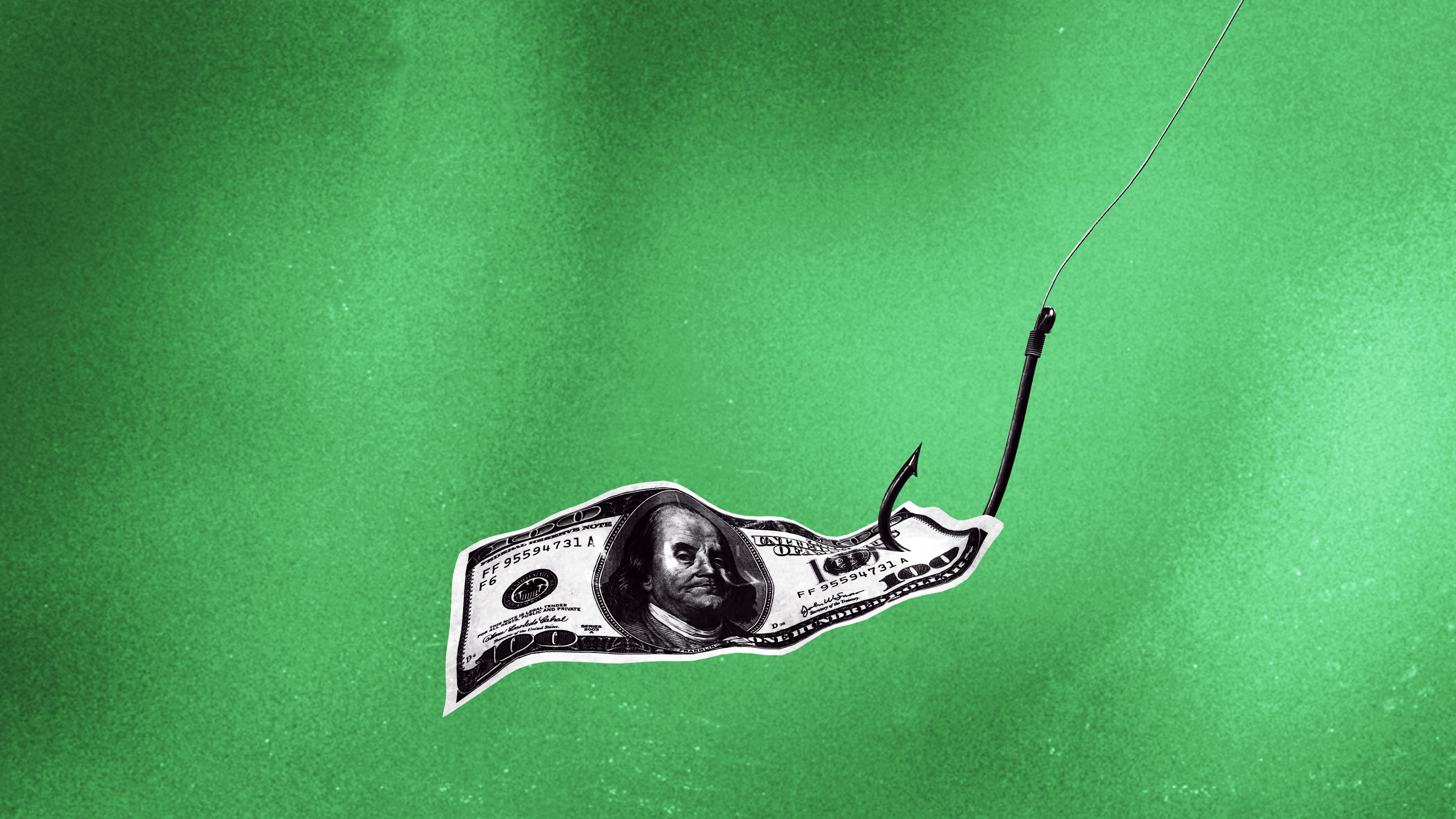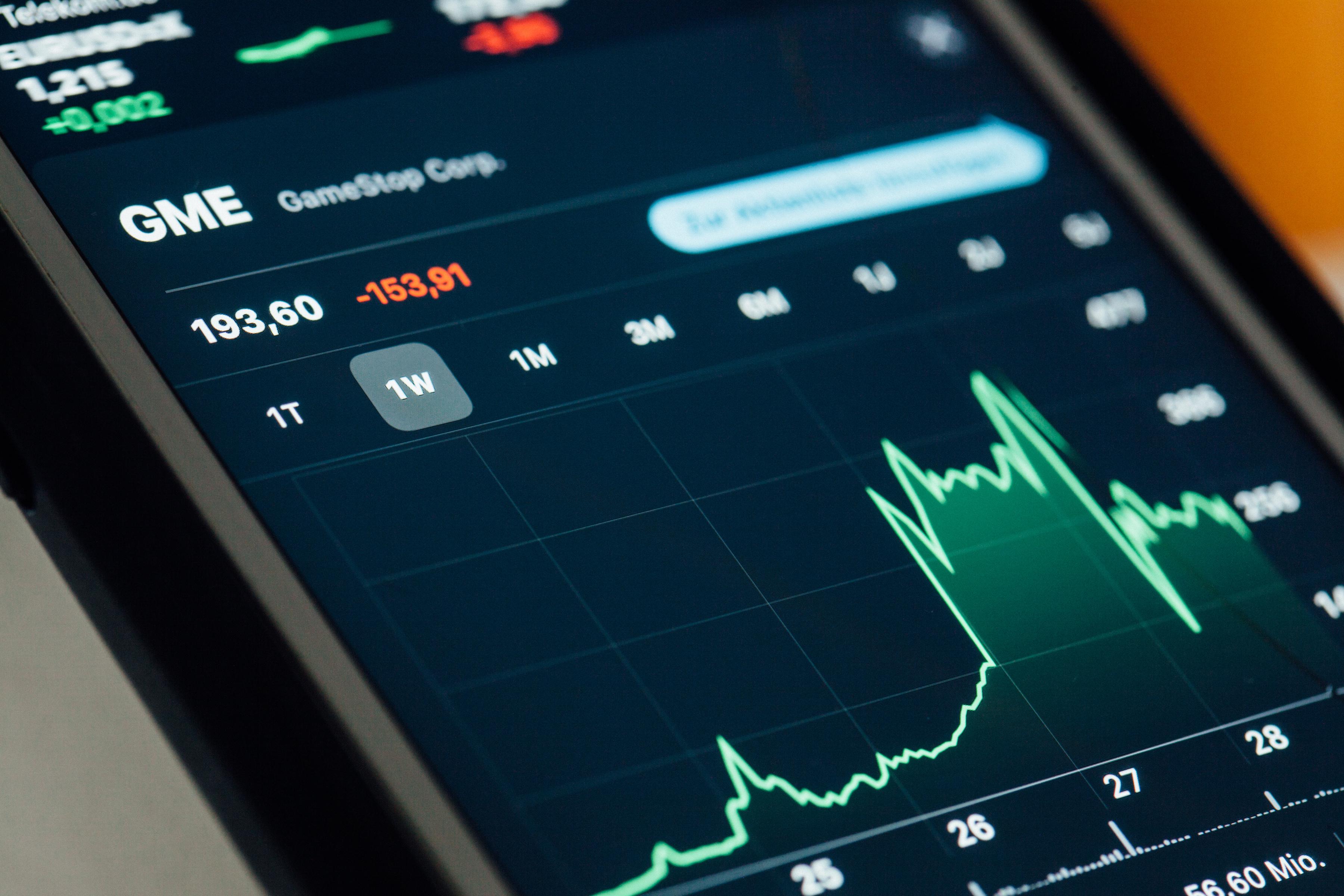Your Mind’s Fear of Loss Can Keep You from Winning

Here’s a hypothetical situation most of us are familiar with:
You’re at the supermarket. Blueberries are on sale. You love blueberries! You’ve filled a small basket full of them. You’re ready to pay, but there are only two checkout lines open.
Checkout #1 has four shoppers waiting in line, as does checkout #2. Without much thought, you decide to join checkout line #2.
Before long, you become aware that some of the folks in front of you at #2 have fully loaded their carts. One guy has decided to test every product in the bountiful P.F. Chang line of frozen dinners. Another person has about 30 items of produce. Produce items don’t have barcodes. “OH NO, THIS IS GOING TO TAKE FOREVER,” you think.
Suddenly checkout #1 looks a whole lot more appetizing. One woman is buying only a six-pack of beers. Another looks like she’s picking up an all-important onion for a lasagna-in-progress. Perhaps your initial decision was wrong. Perhaps you should have chosen line #1.
Now for the almightiest of so-called “first-world” dilemmas: Should you stay or should you go?
Before tackling this decision, I’d like to point to an interesting article published today at Yahoo Healthby Melissa Dahl of Science of Us. In the piece, Dahl cites research that goes against presumed conceptions of test-taking strategy, particularly the concept that when faced with a question you’re unsure about, it’s dangerous to go against your gut instinct. Dahl notes that this is an example of something called the first instinct fallacy. To explain, let’s head back to the supermarket and your checkout line quandary.
There are four logical results to the hypothetical situation posed above.*
1. You remain in line #2. You get to the register quicker than if you had moved.
2. You remain in line #2. You get to the register slower than if you had moved.
3. You move to line #1. You get to the register quicker than if you had stayed.
4. You move to line #1. You get to the register slower than if you had stayed.
*I suppose a fifth option would be that both lines reach the register simultaneously, making the decision whether or not to switch fairly moot.*
Now basic logic would suggest that, in a vacuum, you have equal odds of being rewarded or penalized by your decision. The problem here — and the core of the first instinct fallacy — is that we are not wholly logical beings. Here’s how Dahl describes the situation, this time using the example of a multiple-choice test to make the point:
“It’s an example of loss aversion, a human tendency to feel the pain of losses more strongly than the pleasure of gains. So if you at first mark down answer A, then switch to B, but then A turns out to be correct — the regret you’ll subsequently feel over changing your answer will be stronger, and thus more memorable, than any pleasure you’d get if B does end up being the right answer.”
We silly humans. Blinded by pride, we don’t value being right and being wrong equally. Loss Aversion explains why students in a classroom prefer not to raise their hands to take a jab at a complicated question.
It also explains why we humans tend to be so conservative when questioning our instincts. It hurts more to go against our inclinations and be wrong than it does to stick with our instincts and be right. To quote the great Vin Scully: “Losing feels worse than winning feels good.”
This is why most people, when living out the supermarket scenario, would probably prefer to remain in checkout line #2. Your mind, whether you realize it or not, makes the judgment that it’s better to stick to your guns than end up like Ron Livingston in Office Space:
So what’s the ultimate takeaway here? Dahl puts it like this: If you’re unsure about a decision, be aware that your brain is wired to favor first instincts over second thoughts. You shouldn’t allow yourself to fall into that trap. Instincts and rational second guesses deserve equal consideration when making a decision.
Read more at Yahoo Health.
Below, magician and Big Think expert James Randi walks through several other ways your brain’s predilection for certain biases makes you vulnerable to illusion, delusion, and pseudoscience:
Photo credit: CLS Design / Shutterstock




